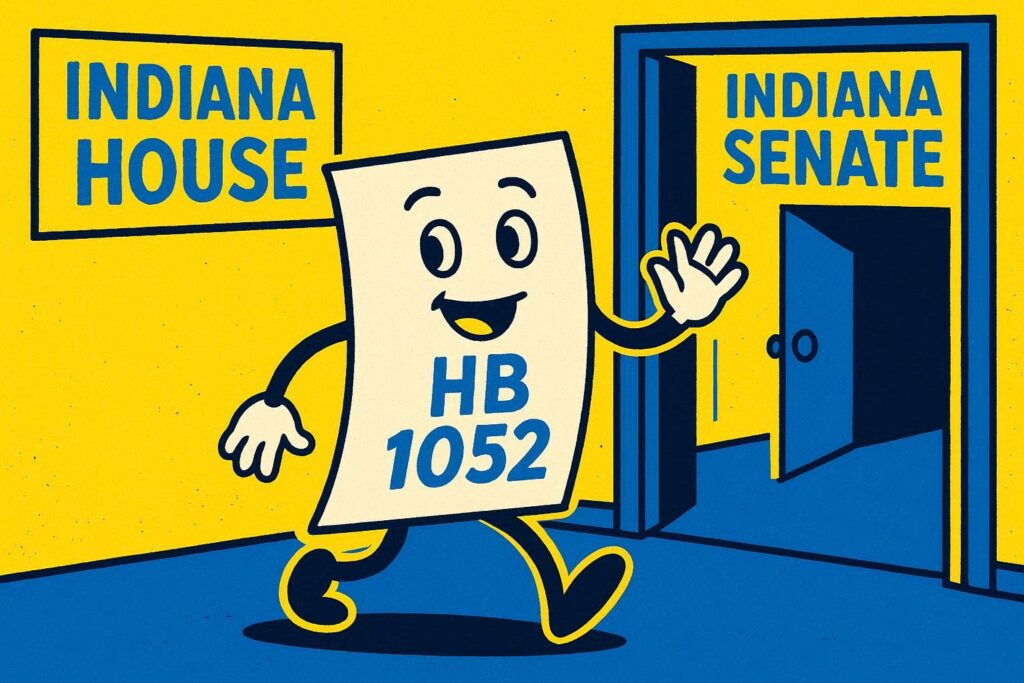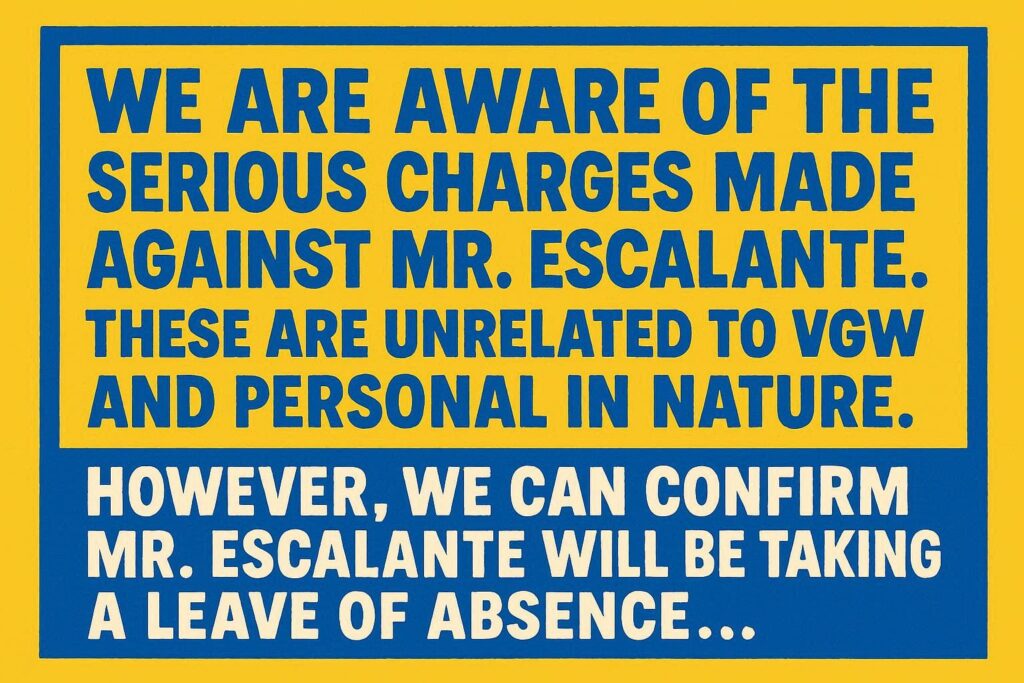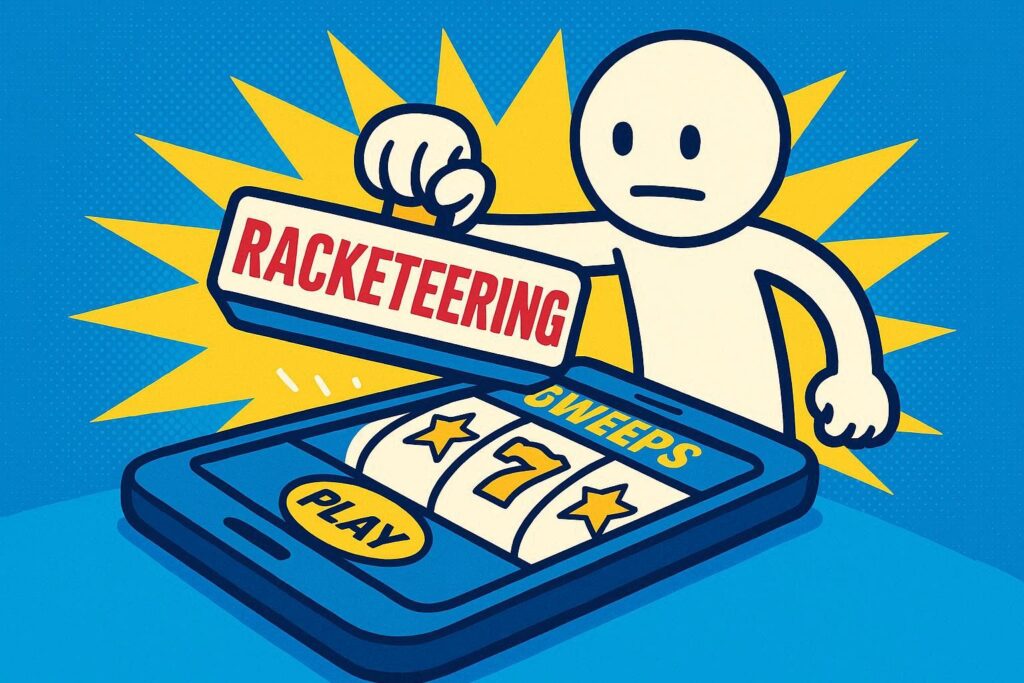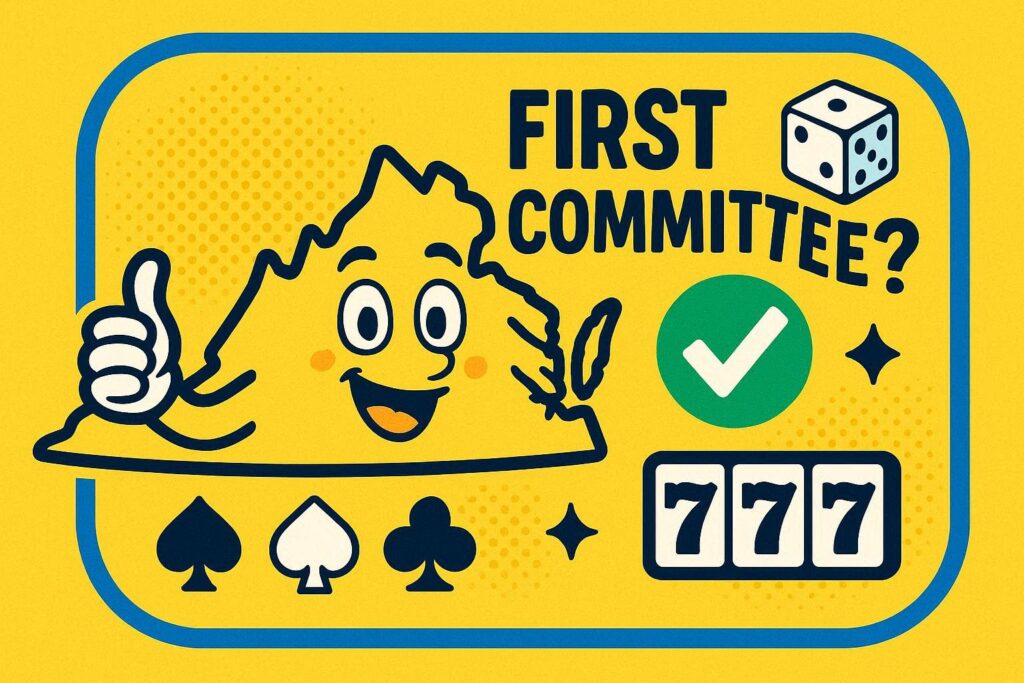The Yuhaaviatam of San Manuel Nation (YSMN), one of the most influential tribal gaming authorities in California, might have pushed for the insertion of a substitute for a bill restricting sweepstake casinos in the state. Whether the substitute has the backing of the YSMN or not, the substitute replaces a bill that the California Assembly approved nearly unanimously earlier in 2025.
The bill could require tribal gaming operations within California’s borders, like the Yaamava’ Resort & Casino in Highland, to adjust their own promotional efforts. The proposal could still align with the comments of tribal leaders on sweepstakes casinos.
AB 831 gets replacement
AB 831 was riding a wave of momentum after the California Assembly approved the bill by a 77-0 vote with two abstentions on May 5, and the California Senate Governmental Organization reported it out favorably on June 10. However, a substitute was inserted on June 23, with Assembly member Avelino Valencia now sponsoring the legislation.
The substitute “would make an unfair practice using or offering games of these types that use a system of payment that allows a person to play or participate in a simulated gambling program for direct or indirect consideration, as specified, and for which the person playing the simulated gambling program may become eligible for a prize or award, cash or cash equivalents, or a chance to win a prize or award, or cash or cash equivalents, in a business establishment, on the internet, or using an online application.” Additionally, the AB 831 substitute “would make it unlawful for any person or entity to operate, conduct, offer, or promote an online sweepstakes game, as defined, in this state.
The bill “would make it unlawful for any person, entity, financial institution, payment processor, geolocation provider, gaming content supplier, platform provider, or media affiliate to support directly or indirectly the operation, conduct, or promotion of an online sweepstakes game within this state.”
Possible penalties for violations include fines between $1,000 and $25,000 and/or as much as a year in a county jail. With the substitute in place, the consideration process will begin anew in Sacramento.
The YSMN may try to influence those proceedings to move the AB 381 substitute toward becoming law. That tribal gaming authority might have to adjust its own business practices under the statute, though.
Reports cite San Manuel support for substitute
Sources with knowledge of the matter have shared with Sweepsy that the AB 831 substitute has the support of the California Nations Indian Gaming Association (CNIGA) and the YSMN. Requests for confirmation have not yet been responded to by either the CNIGA or the YSMN at this time.
If the CNIGA does endorse the new bill, that would appear to align with comments earlier in 2025 from CNIGA Chair James Siva. In a State of the Tribal Nations Address at the Western Indian Gaming Conference in February, Siva “warned tribes of continued threats from a wide variety of sources from commercial sources such as…sweepstakes” according to Indiangaming.com.
If the YSMN supports the substitute, there is a curious element to that stance. The YSMN-owned and operated Yaamava’ Resort & Casino maintains an online social casino product, through which it offers participants prizes of free play at the casino.

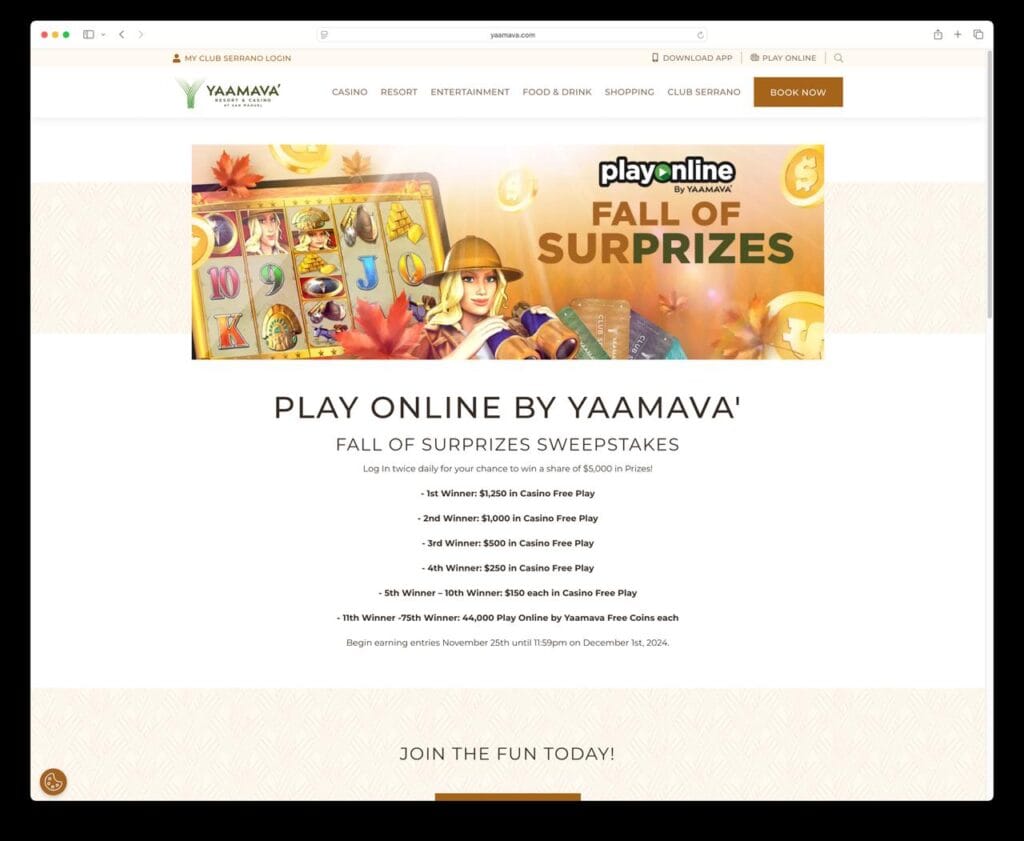
Tribal gaming is regulated by gaming compacts between authorities like the YSMN and the state of California and the United States Bureau of Indian Affairs, instead of by the states within whose borders that gaming takes place unilaterally, as is the case with commercial gambling. However, access to the sweepstakes outside of lands controlled by the YSMN in California could become a legal question.
For that reason, the passage of AB 381 as currently comprised might not affect the Yaamava’ offering. At the same time, this suggests that the YSMN’s potential support for AB 831 might focus on the perceived threats to tribal control of gaming within California’s borders that Siva spoke about, as opposed to any other criticism of the sweepstakes gaming model in and of itself.
Support from the CNIGA and the YSMN could help the new version of AB 831 get back to where the former version progressed and perhaps further. If the bill does become law, it could widen the gap between commercial and tribal gaming in California.
SPGA’s response: Condemning a “Backroom Ban”
The Social Promotional & Gaming Association (SPGA) has sharply criticized California’s recent legislative actions, labeling them a “backroom ban” pushed through via a last-minute “gut and amend” tactic. The move came just hours before a key legislative deadline, prompting concerns about the lack of transparency and procedural integrity.
An SPGA spokesperson denounced the process, citing the absence of public hearings, expert testimony, or economic analysis as evidence of rushed and irresponsible lawmaking.
According to the group, this approach undermines thoughtful policy development and discourages innovation and investment in California—particularly troubling given the state’s ongoing crises, including wildfires and a deepening housing shortage.
The SPGA reaffirmed its commitment to player protection, responsible innovation, and clear, consistent rules that allow social sweepstakes games to thrive.





